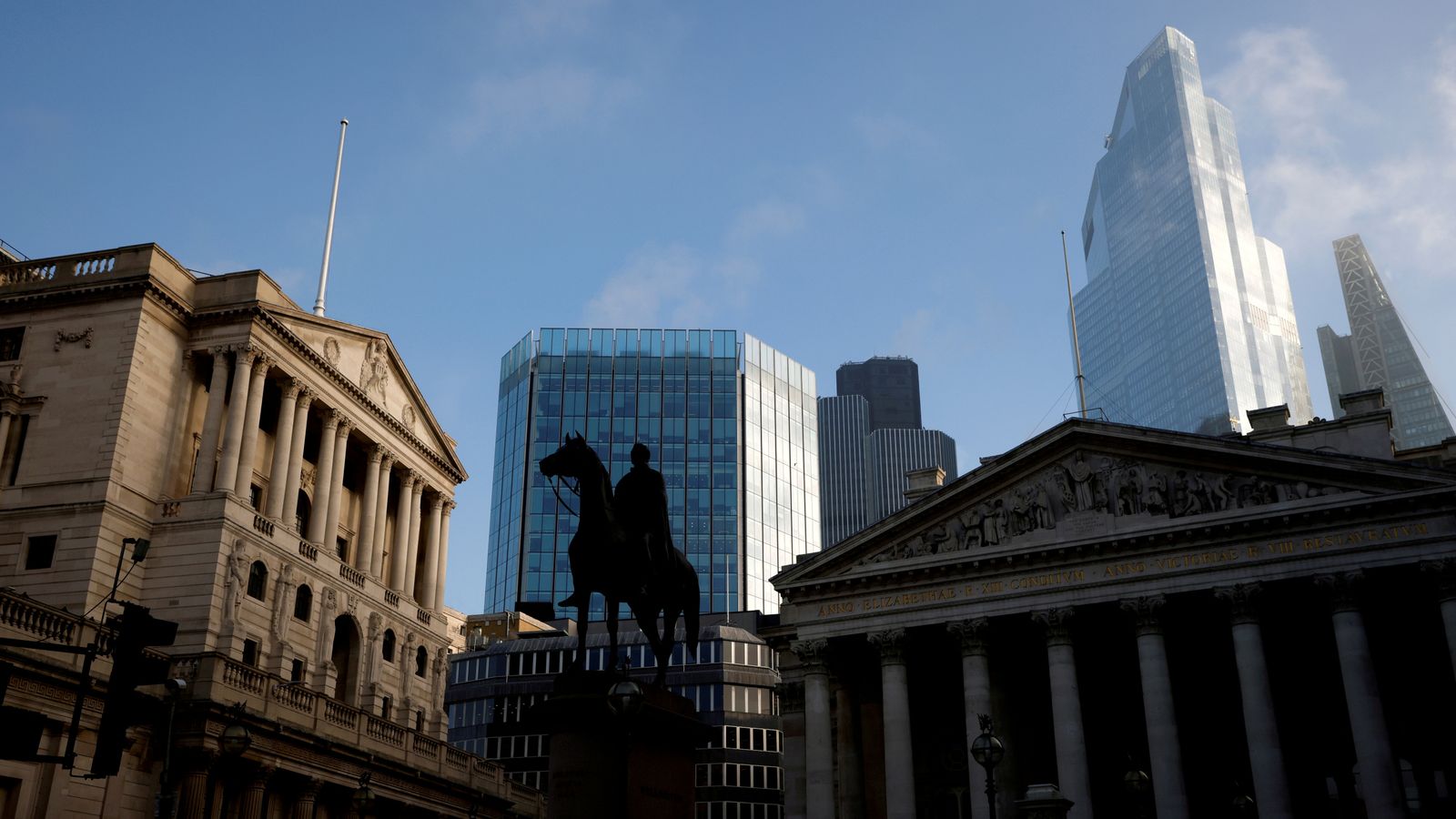Britons should prepare themselves for a bumpy ride on the markets in the coming weeks as the Brexit transition comes to an end, the Bank of England has warned.
It said while the banking system was in a good position to withstand even a disruptive no-deal Brexit, it pointed out: “Financial stability is not the same as market stability or the avoidance of any disruption to users of financial services.
“Financial markets can be expected to react to the outcome of the negotiations on arrangements for trading goods and services between the UK and EU.”
The warning came after Boris Johnson urged the country to prepare for the possibility of an exit from the European Union without a deal at the end of the year.
The BoE said some firms were still not ready for the adjustment in January, even in the event of a deal being reached.
The update came in the Bank’s Financial Stability Report – its survey of the state of the financial plumbing that supports the UK economy.
The main message of the report was that the system is well-placed to absorb even a significant crunch in the coming year, with banks so well capitalised that their balance sheets could withstand £200bn of credit losses – a number which would necessitate unemployment hitting 15% and house prices crashing by 30%.
The report said: “Although there have been encouraging developments on vaccines, the (Bank’s Financial Policy Committee), consistent with its remit, is focused on the range of downside risks that remain.
“These include risks that could arise from the evolution of the pandemic and consequent measures to protect public health, as well as from the transition to new trading arrangements between the European Union and the United Kingdom.”
The Bank also signalled that it may loosen the controversial mortgage interest rate checks, which may have prevented many prospective homebuyers from getting on the property ladder.
Since 2014, the Bank has asked banks to ensure that those taking out new mortgages should be able to prove that they could still pay the mortgage if their interest rates rose by three percentage points from the offered rate.
According to some analysts, this test has meant many people who might otherwise have been granted a loan have failed to get it.
However, since then the probability of interest rates going up by three percentage points has dropped from about 50:50 to just 5%, making this test far more stringent than it originally was.
The Bank argued it had calculated that the measures had a relatively small effect on affordability, potentially keeping only 2% of renters from getting onto the property ladder.
However, it said it planned to review the measure in the coming months.
